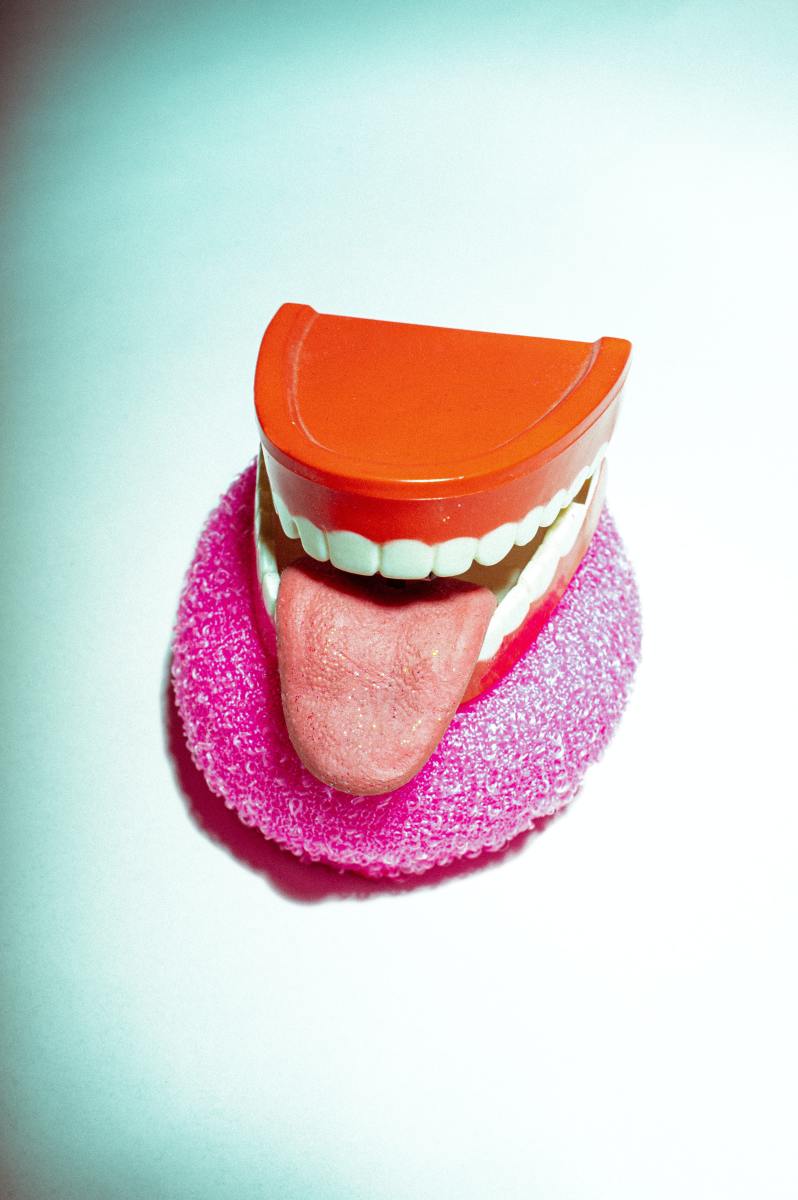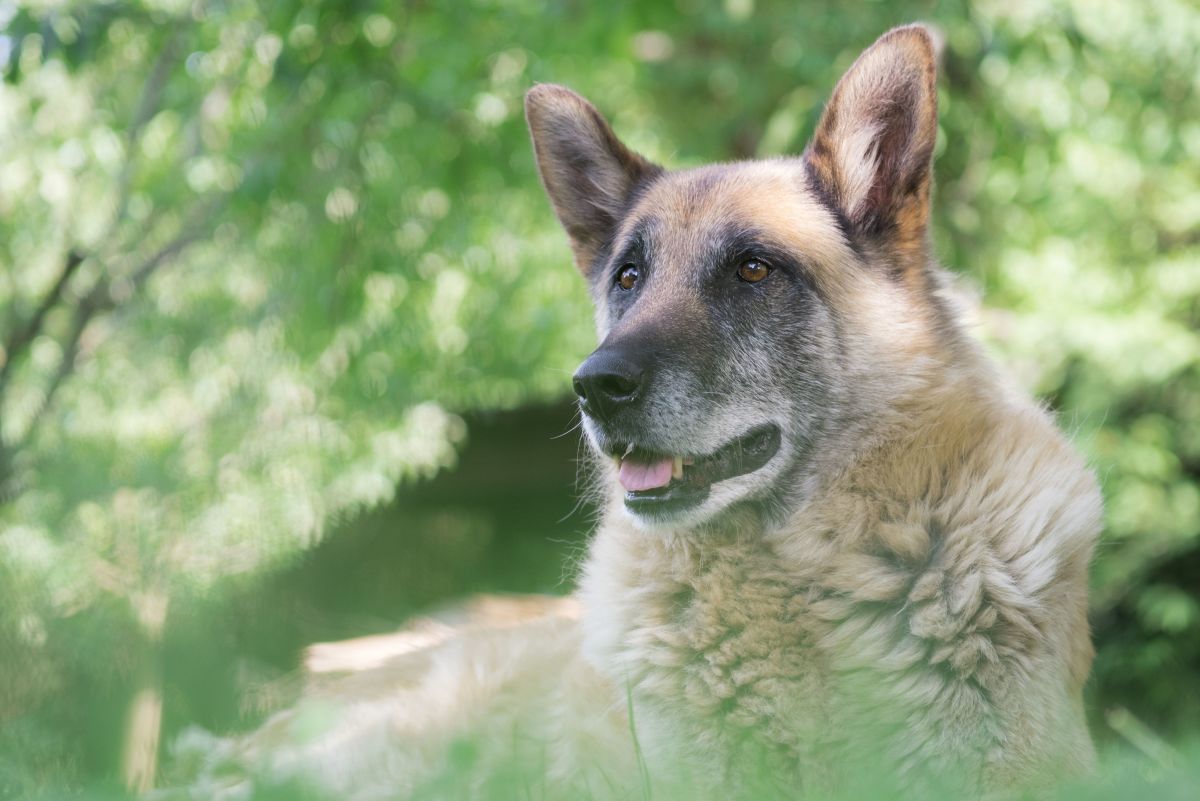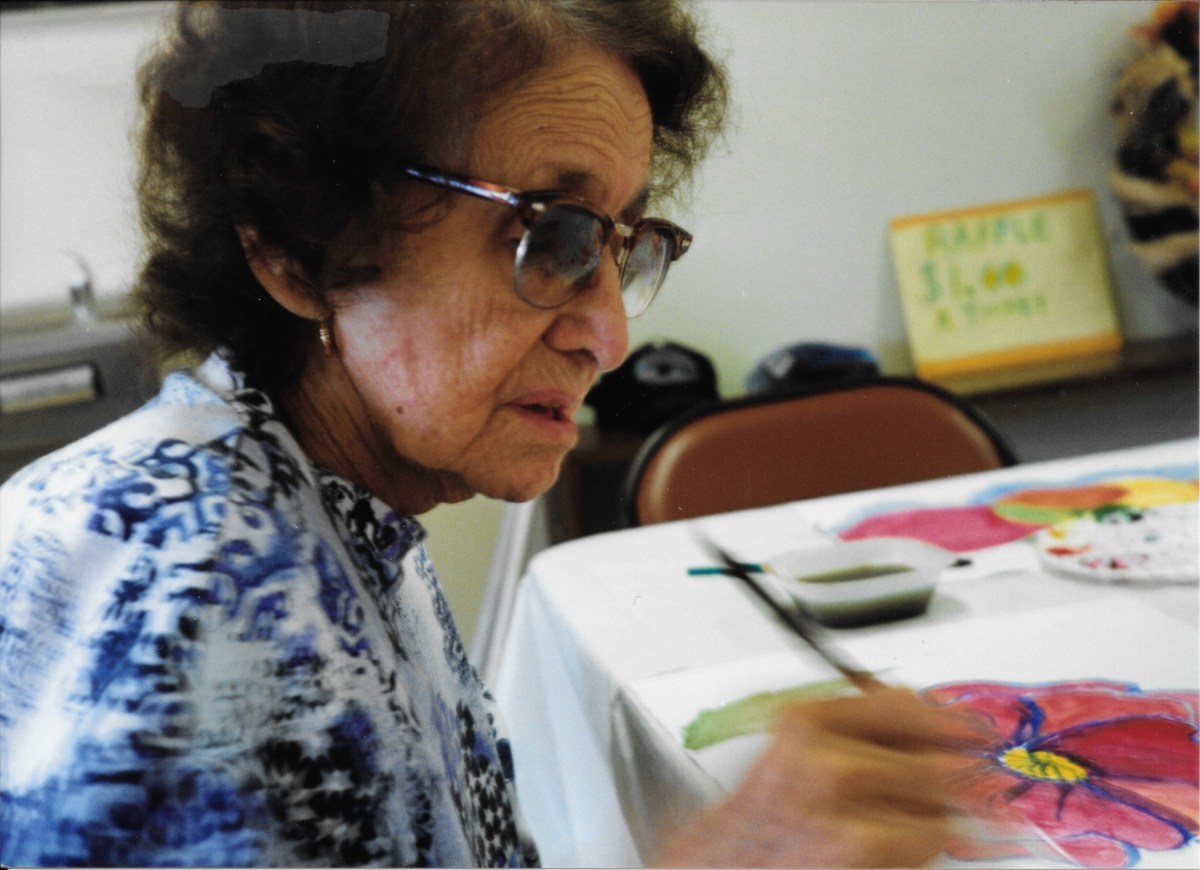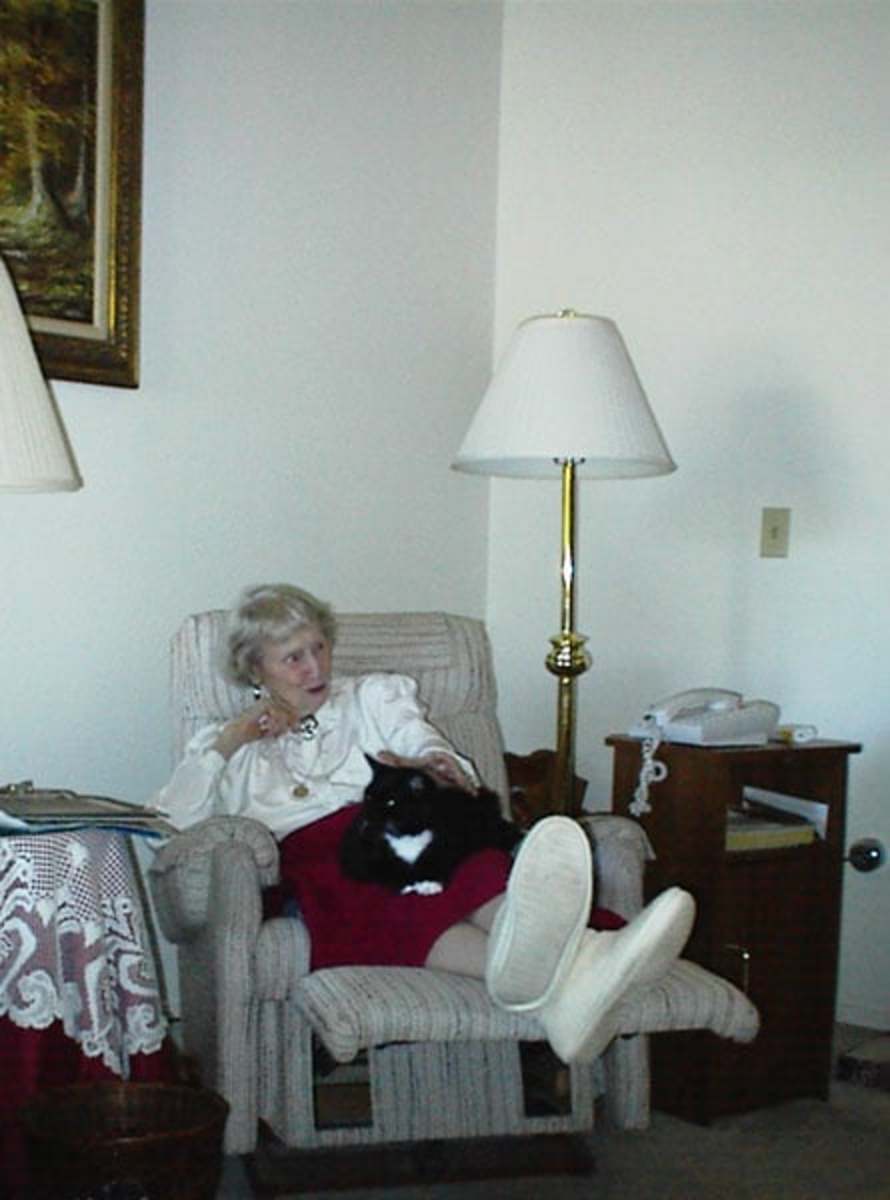How to Reverse Ageing
The Problem of Aging
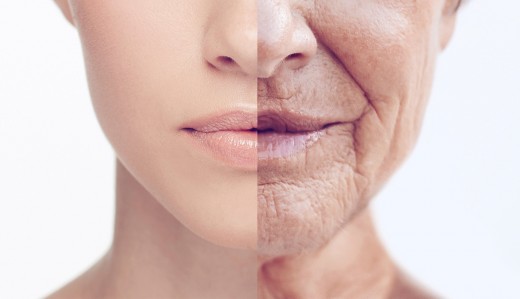
Despite being a process that affects pretty much every living being known to humanity, including itself, aging is still relatively poorly understood. Aging is surprisingly not a very straightforward process.
For us humans, ageing usually means the progressive accumulation of physical, mental and social changes. The most easily recognizable manifestations of aging are physical: a person generally grows weaker, their skin gets more wrinkled and loose, their hair whitens, etc.
The mental changes usually manifest in gradual loss of old memories, slowed reflexes, and sometimes even dementia.
The social changes come as a general change in social behavior. A person may become more emotionally fragile as they age, more passive, friendlier, or even more aggressive.
You'll probably be surprised to learn that the actual causes of aging are still unknown.
Effects of Ageing in Humans
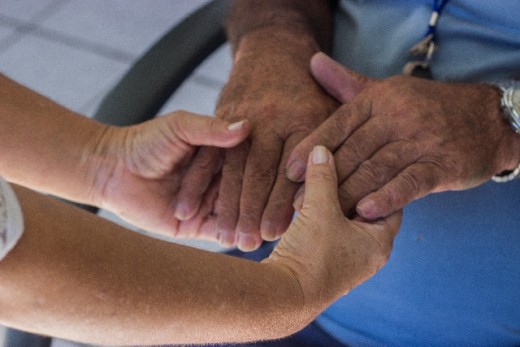
Among the many effects of aging in a human life, we can compile this list of changes:
- Loss of the ability to hear sounds above 20 kHz during teenager years, an ability most children have;
- Slight decline in the ability to learn new things during the mid 20s;
- Wrinkles, mostly attributed to damage caused by solar radiation;
- Female fertility generallt starts to decline after the mid 20s;
- Menopause in women, generally in the early 50s;
- Much higher occurence of osteoarthritis and related bone problems past the 60s;
- Loss of muscle mass;
- Enlarged ears and noses, this being mostly attributed by a possible continous growth of cartillage and generally loosening of the skin;
- etc;
Causes of Aging
We're only now gaining insight on the main causes of the process we call aging. Despite being almost universal among animals on Earth, aging cannot be considered one unified process.
Indeed, ageing happens differently across species, and there are even some species that seem to not experience aging at all! For example, the hydra genus, a relative of the jellyfish, seems to be immortal, because hydras undergo a strange process of regeneration that essentially reverts them to infant state, only to grow back into adulthood yet again.
However, for mammals like us, ageing is a constant we have been not able to properly understand and deal with.
Until now.
But before we get to the meat of the subject, we need to have a decent grasp over what seems to cause ageing in humans. For this, I've posted the video above of a documentary about possible ways to stop or even reverse ageing, with the participation of one of the most important figures in the scientific study of ageing in humans, Doctor Aubrey de Grey.
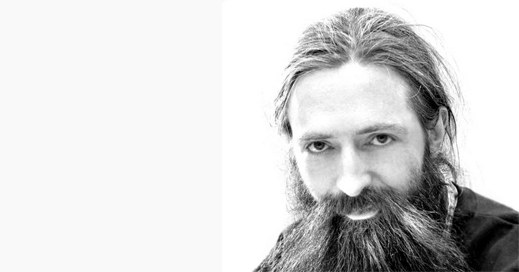
With his Gandalf style beard, Dr. de Grey tells us that the causes of ageing in humans can be resumed into 7 main causes:
- Cell atrophy: this happens when cells that generlaly cannot be replaced die. Cells such as neurons don't get replaced as they die off, so the amount of neurons you have is as much as you'll ever get, and when they die, you're not getting replacements. This is one of the main causes of parkinson's disease;
- Proliferation of unwanted cells: when unwanted cells become numerous, they start to take nutrients and space from cells that are actualy desirable. This is mostly exemplified by fat cells which accumulate in muscle tissue as you age, weakening it;
- Cross linking in certain proteins: as you age, certain types of proteins start to form bonds with one another. This is bad because it makes whatever tissue these proteins are in to become less elastic, and thus more vulnerable to wear. This is why blood vessels are much more easily ruptured in elderly people;
- Accumulation of trash outside cells: yes, your cells could really use a garbage truck sometimes. Some cells have a bad tendency to accumulate useless substances they won't use around their outer walls. This happens with neurons, and this is considered one of the main causes of Alzheimer's;
- Accumulation of trash inside cells: turns out there are some molecules your cell can't digest, but they get absorbed into it anyway, so instead of being digested they just linger there. This can cause heart diseases and other kinds of problems;
- Mitochondrial mutation: mitochondria are amazing little biological machines that, some time in the past, got absorbed and adapted by primitive cells in order to generate energy for the whole cell. Over time, as we age, mitochondria tend to mutate and start doing things other than generating energy for human cells, which causes a whole lot of problems;
- Chromosomal mutations: the horror of chromosomal mutation manifests mostly as the dreaded cancer, turning healthy cells into vicious creations that refuse to die and keep turning other healthy cells into cancer cells. This is caused by DNA getting damaged as you grow older;
Reversing Ageing
Thanks to recent research, it might be possible to reverse ageing, at least to a point. Scientists of the Salk's Gene Expression Laboratory have developed a technique that, when used in mice, made them look younger and live 30 per cent longer.
The scientists have done this by stimulating a group of 4 genes which are particulary active and important during a mammal's development while in the mother's womb. The treatment has also been shown to work on human skin cells, making the look and act younger, essentialy turning the clock backwards.
They now hope to create a drug that can cause the same effects on adult organisms. The human trials for this substance is predicted to happen in 10 years.
This discovery is specialy exciting, since it doesn't seem to have any undesirable side effects. The treatment also doesn't just extent one's life expectancy, but also reverses the effects of aging and helps cells to heal faster, meaning better quality of life for elderly people. Imagine being in yours 70s and feeling like you're in your mid 40s, thats what may be happening in the next 10 years.
Learn more about how to age in a healthy manner
Another approach to this problem relies on the fact that many of the genes associated with aging are present in mammals. By turning these genes off, it is possible to massively extent life expectancy of an organism. Recent studies have shown that its possible to dramatically increase the life duraton of yeast cells by turning certain key genes off.
Researches done by the Buck Institute for Research on Ageing have shown that this process may also be applicable on mammals, specially humans.
Of the 238 genes associated with ageing that were identified by the institute, roughly half of them are carried over in mammals. In fact, by deleting a specific gene, researchers have been able to extent yeast cell life by 60 per cent. Said gene appears to be mostly affected by fasting and calorie restriction, something which has already demonstrably shown to significantly extent life duration.
So yea, while reverse aging treatments are still around a decade away, you can literally add years to your life by following a specific low calorie diet.


